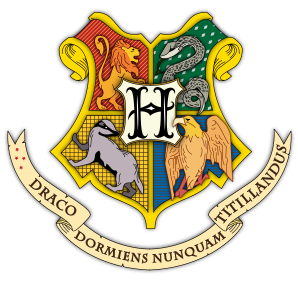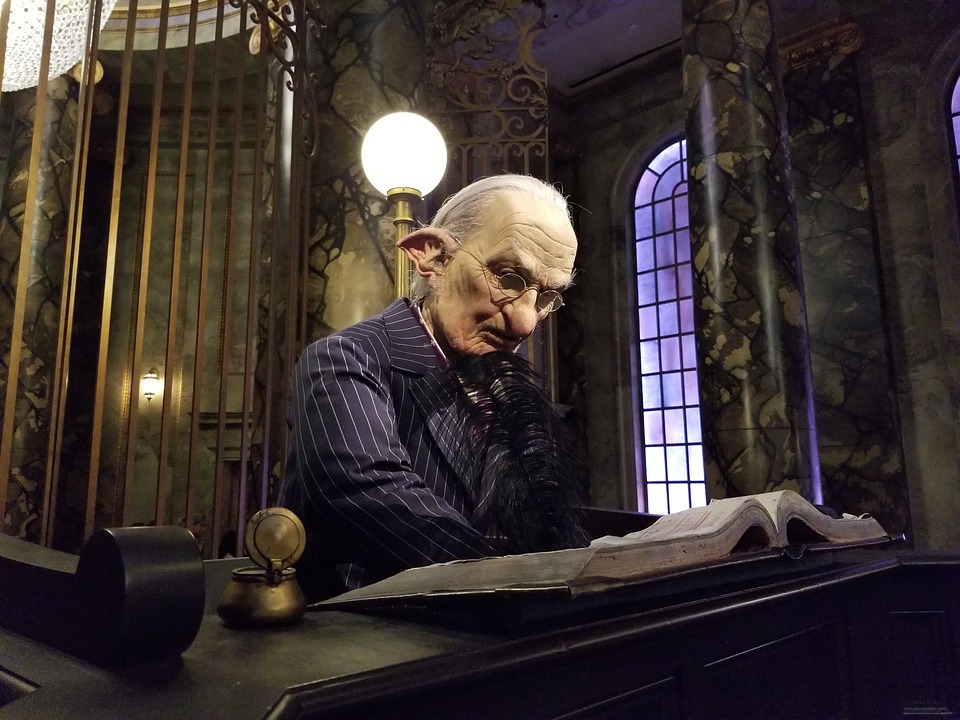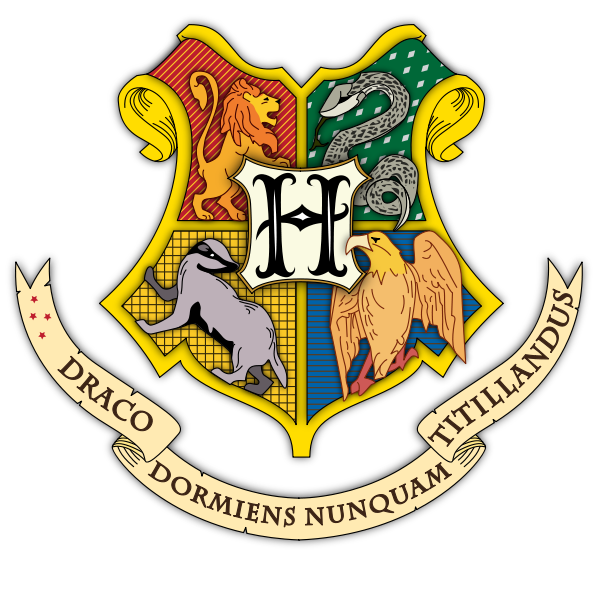
Within J.K. Rowling’s Harry Potter series, there are few professors as notoriously dull, both in and out of the narrative, as Professor Cuthbert Binns. As Hogwarts School of Witchcraft and Wizardry’s Professor of the History of Magic and the only ghost on the faculty, his role in the original novels can be reduced to punchlines for stereotypically bad teaching and tenure gone too far. Given the original context in which Binns appears, being referenced far more in the early novels than the later, he is very much a product of the whimsical, light atmosphere that permeates much of the wizarding world. The same culture that tolerates booger flavored candy and seems to regard love potions as teenage hijinks tolerates Binns’ horrendous teaching as simply another quirk of magical life. The stereotype of a dull history instructor with his head firmly stuck in the past is a fairly common trope given a tongue-in-cheek twist by having him quite literally be a relic of the past himself.
The frequency of Binns’ appearances earlier in the series does not seem to be an accident. The early novels lean into the wizarding world’s whimsical quirks far more than the later ones, when the conflict with Voldemort and darker, more sinister magic takes center stage. As the critical backstories of Hogwarts professors like Snape and Dumbledore are expanded upon, their one-note colleague in Binns becomes less and less relevant. Given Harry Potter’s own coming of age throughout the series, this trajectory makes sense: that lighter matters characterize youth, and more serious ones rise as he ages.
The oddities of the early novels are not, however, firmly a thing of the past, and in fact are very much part of the present expansion of Rowling’s Wizarding World franchise. For instance, for every scene in Fantastic Beasts that makes full use of the prejudiced realities of its early 20th century setting, there is one featuring the inexplicably deep-pocketed niffler. For every Pottermore article Rowling writes to expand upon the international wizarding community, there is a Tweet explaining how wizards simply used to poop on the floor before modern plumbing. While these oddities may have been able to be accepted with a chuckle when Rowling’s world was constrained to Harry’s adventures, her relentless drive to expand it in a way not dissimilar to the worldbuilding of other fantasy authors makes her wizarding quirks feel stranger and stranger. In particular, I wish to return to Professor Binns and the state of the Hogwarts curriculum.
It’s been observed for years that Hogwarts students seem to receive almost no education in what we Muggles would see as the traditional disciplines: subjects such as mathematics, science, and English. What is trigonometry, after all, if you can wave your wand and turn a table into a cow? To give the wizarding world — and Rowling — the benefit of the doubt, it’s very justifiable that traditional math and science may not be entirely relevant to a young magician’s education given their apparent mastery over the laws of reality. Perhaps what is relevant to them is conveyed through other subjects, such as Potions, Arithmancy, and Astronomy (the later two, however, being simply electives).
Where is, however, wizard literature? Surely in such a culture of power and wonder, that has known centuries of secrecy and persecution, where legends are true and the fantastic is woven into everyday life– surely such a culture would have a fascinating literary tradition to study? Where are the languages, in order to communicate with wizards and witches the world over, whom you may have more in common with than muggles of your own nation? On which note: for that very reason, one may expect the wizarding community to be extremely international. However, aside from a few vague references to the International Confederation of Wizards (who seemed completely useless during the Voldemort crisis), the only significant instance of international magical cooperation seems to be a celebration of high school students putting their lives on the line for fun and games. (Oh, and of course Quidditch).

Perhaps even more so than the sciences, the humanities seem to lack a place entirely in the Hogwarts curriculum– only present through Binns’ seemingly useless History of Magic: a lazy stereotype of the perceived usefulness of historical studies. The Muggle Studies elective may come the next closet: but given the characterization of Arthur Weasley throughout the series, a Muggle expert who remains astonished by decades-old inventions such as the London Underground, one cannot help but wonder just how useful such a course is. Even as a useful course, its status as an elective suggests that an understanding of muggles need only be a passing curiosity for wizards and witches rather than a necessity for empathy with the non-magical.
The signs of a complete lack of humanist studies are abundantly clear in wizarding society. The prison of Azkaban operates like a cartoonishly sinister stereotype, with a complete lack of regard for the rights of the imprisoned. The Ministry of Magic operates like a bureaucratic dictatorship, with an apparently complete lack of democratic institutions. The Daily Prophet comes across as little more than its propaganda arm, with little journalistic independence. The only books anyone seems to read are those begrudgingly required of them. Music and art seem slightly more present, though even then are entirely absent from Hogwarts, rendering them a passing curiosity at best rather than a pursuit worthy of academic instruction. And of course, there is the repeating problem of magical supremacy, which may be addressed with a proper study of muggles and wizarding history: Voldemort may be compared to an even more overtly sinister rehash of the ideas Grindewald tried to peddle within living memory. And yet, Binns’s lectures continue on about comically irrelevant topics such as troll wars rather than the significant damage of wizards seeking to dominate muggles.
I feel as though I could write much more on this subject– and just may, if the interest is here. For while ultimately Rowling’s world is entirely fictional, and thus of little consequence to our day-to-day lives beyond the satisfying stimulation of our imaginations, I find reflecting upon it fascinating. For in our lives, though we may not always consider them so, the humanities are of all-encompassing importance. Their study keeps our culture robust and creative, our society self-reflective, considerate, and critical, promoting worthy philosophical ideas and debates. To reflect upon a world where the humanities seem almost entirely absent, and the consequences of such very apparent, is quite strange– especially considering that readers, Rowling’s biggest fans, are engaging in a humanist activity by immersing themselves in her world to start with.

One reply on “Harry Potter and the Mysteriously Lacking Curriculum”
“However, aside from a few vague references to the International Confederation of Wizards (who seemed completely useless during the Voldemort crisis), the only significant instance of international magical cooperation seems to be a celebration of high school students putting their lives on the line for fun and games. (Oh, and of course Quidditch).”
Sounds about as effective as international governance in the Muggle World.